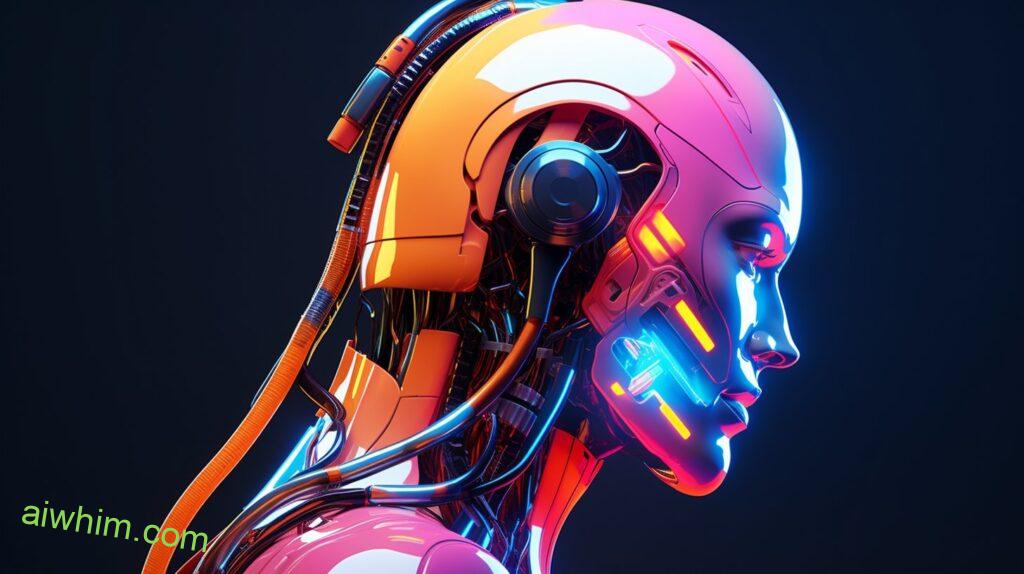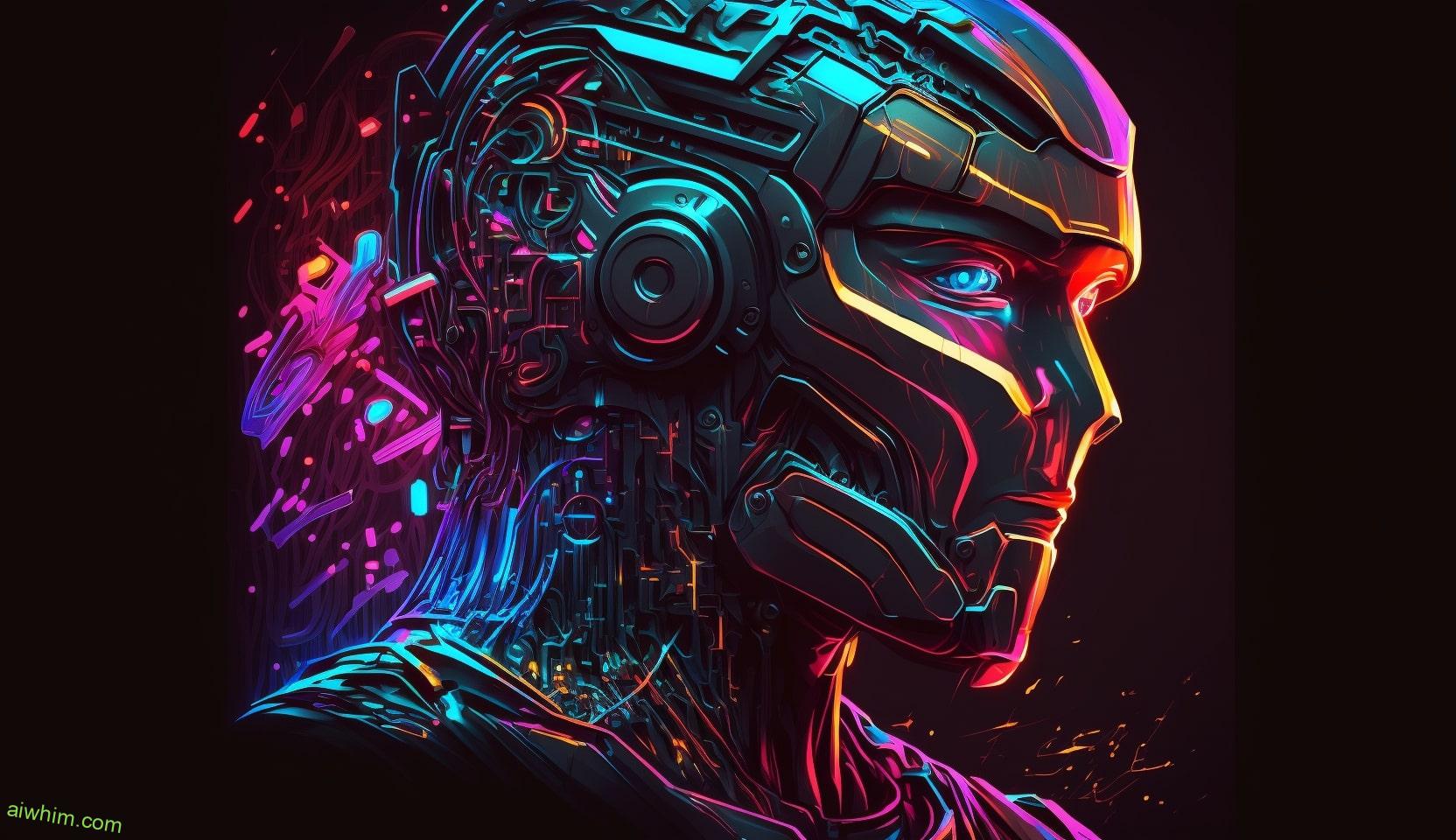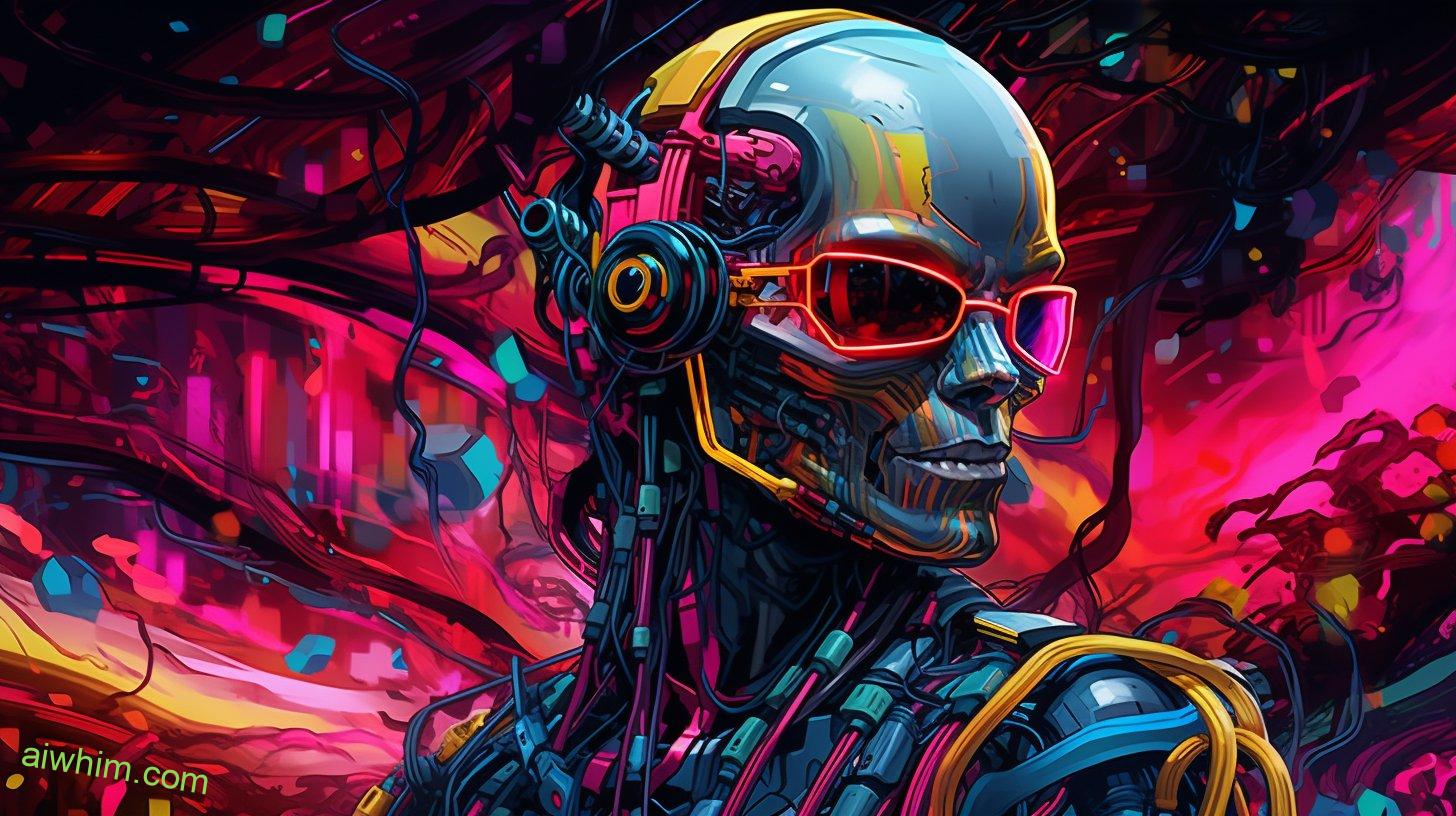Do you ever wonder if AI systems pose a challenge to music directors and composers?
Imagine this: you’re a talented composer, and suddenly you find yourself competing with a machine that can compose music in a matter of seconds. It’s a daunting thought, isn’t it?
In this article, we will explore the rise of AI in music composition and discuss the impact it has on the creative freedom of music directors and composers.
Get ready to dive into the evolving world of music composition with AI.
Key Takeaways
- AI systems are revolutionizing music composition and challenging traditional methods
- AI can provide personalized learning experiences in music education but also risk oversaturation and homogenization of music
- Music directors and composers must find a balance between embracing AI and maintaining artistic integrity
- Collaboration between AI and human creativity can enhance creative capabilities and push the boundaries of artistic expression.
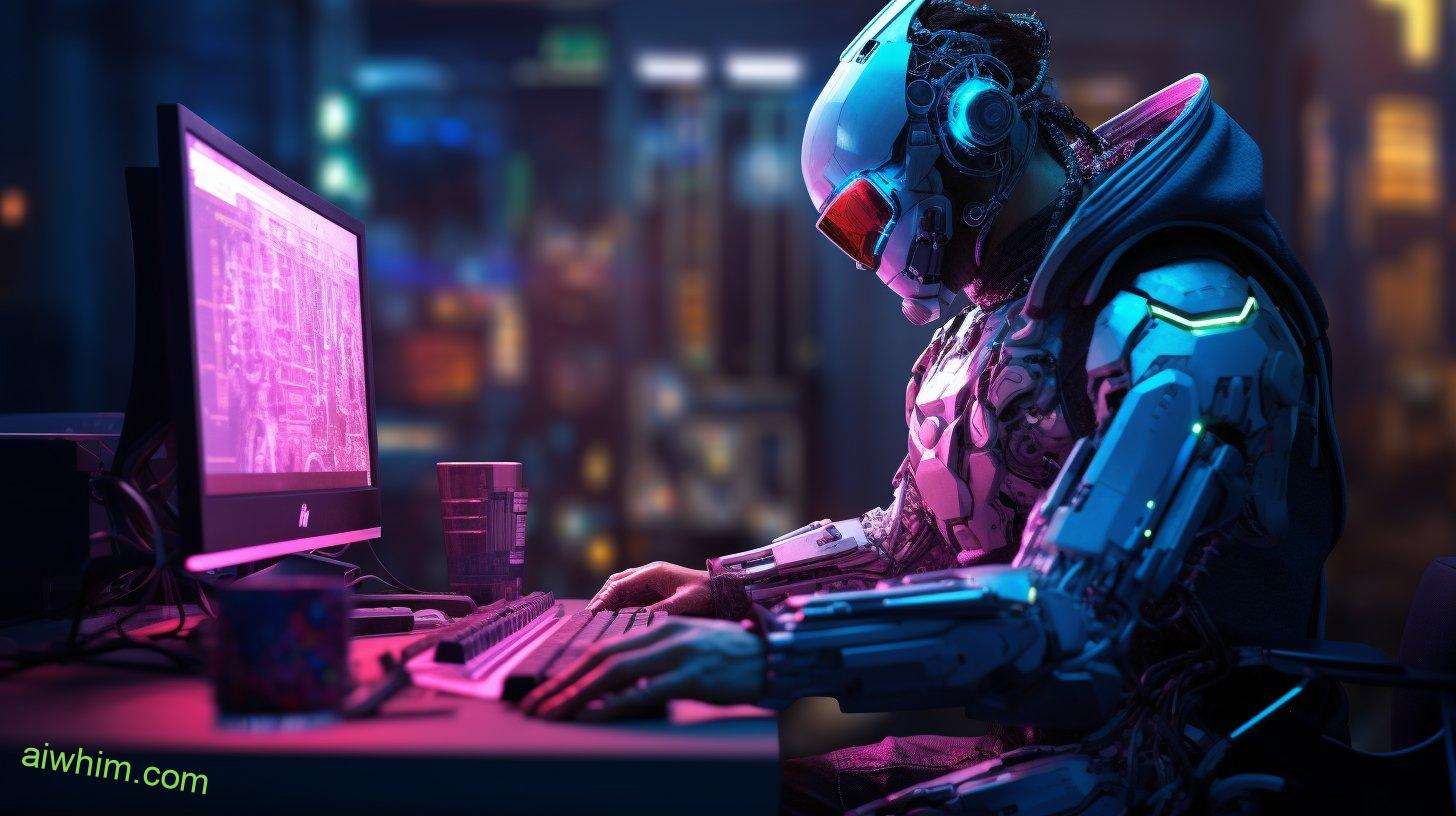
The Rise of AI in Music Composition
You may be wondering how AI systems are impacting the role of music directors and composers. Well, let me tell you, AI is revolutionizing the world of music composition. Traditional methods are being challenged as AI systems are becoming more sophisticated and capable of generating original musical pieces.
AI’s impact on traditional composition methods is undeniable. With the ability to analyze vast amounts of musical data, AI systems can now compose music in a fraction of the time it would take a human composer. This means that music directors and composers can explore new and innovative ideas at a much faster pace. AI systems can also generate music in different styles and genres, expanding the creative possibilities for composers.
But what about the human touch? While AI systems can compose music, they still lack the emotional depth and intuition that human composers bring to their work. This is where the role of music directors and composers becomes crucial. They can collaborate with AI systems, using them as tools to enhance their own creativity. AI can help composers discover new melodies, chord progressions, and harmonies that they mightn’t have thought of on their own. It can act as a source of inspiration and a way to push the boundaries of musical expression.
So, while AI systems are changing the landscape of music composition, they aren’t replacing music directors and composers. Instead, they’re expanding the possibilities and pushing the boundaries of musical creativity. With the collaboration of AI systems and human composers, the future of music is bound to be even more exciting and innovative.
Embrace the freedom that AI brings and let your creativity soar to new heights.
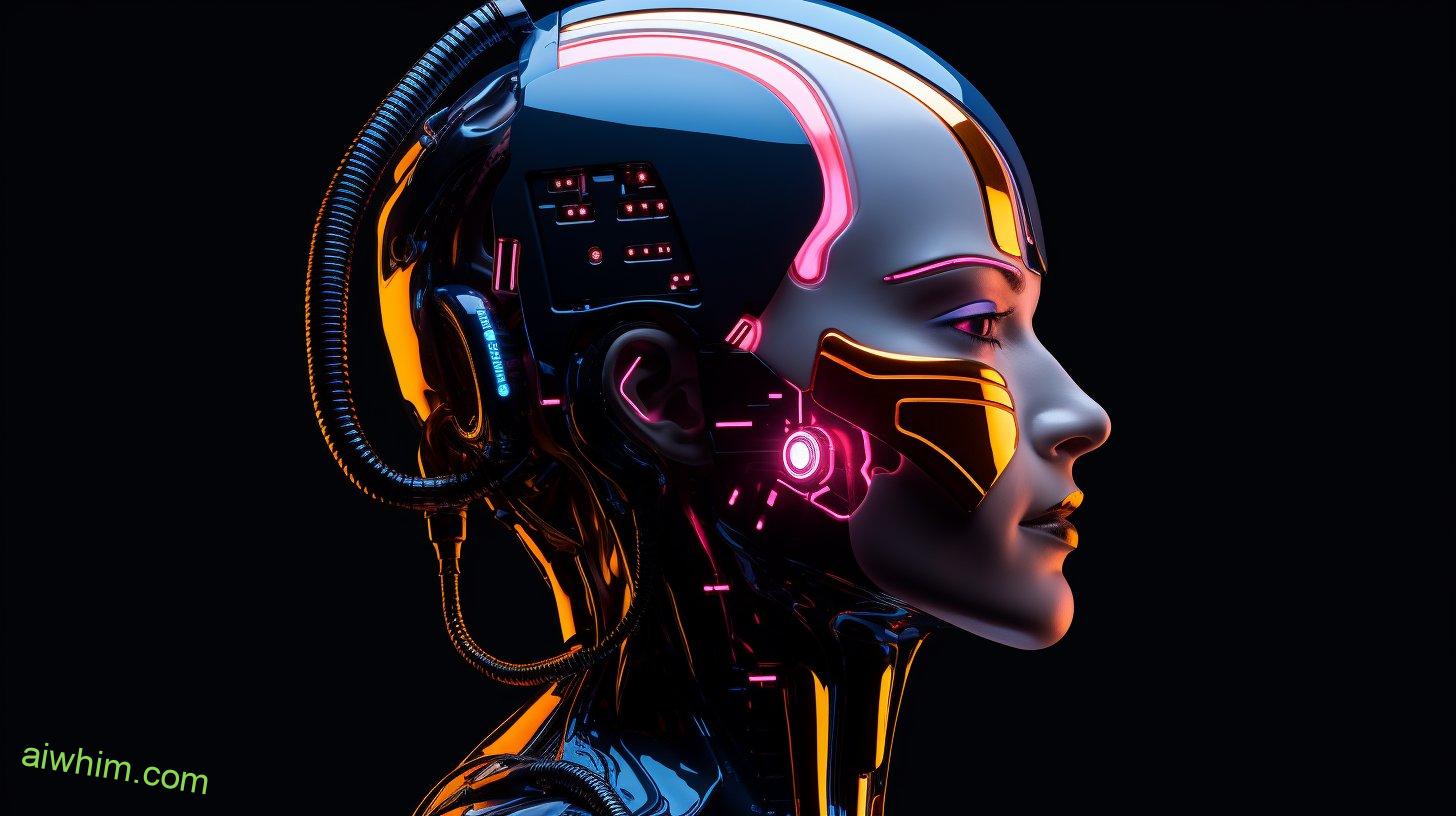
Understanding AI’s Impact on Music Directors and Composers
Understanding how AI impacts those in the world of music is a crucial aspect to navigating the industry successfully. For music directors and composers, AI has both positive and negative implications.
On one hand, AI has the potential to revolutionize music education by providing personalized learning experiences and expanding access to resources. Imagine being able to learn any instrument or music theory at your own pace, with AI algorithms tailoring the lessons to your specific needs and preferences. This freedom to explore and grow as a musician can be incredibly empowering.
However, AI’s role in music curation raises some concerns for music directors and composers. With the rise of streaming platforms and recommendation algorithms, there’s a risk of music becoming oversaturated and homogenized. AI algorithms often prioritize popular songs and trends, which can overshadow lesser-known artists and genres. This poses a challenge for music directors and composers who strive to create unique and innovative music.
To navigate this landscape successfully, music directors and composers must find a balance between embracing the opportunities AI offers and maintaining their artistic integrity. They can leverage AI tools to enhance their creative process, experimenting with new sounds and styles. Additionally, they can collaborate with AI systems to generate ideas and explore unconventional musical avenues.
Ultimately, the impact of AI on music directors and composers is shaped by how they choose to adapt and utilize these technologies. By embracing the benefits of AI in music education and finding ways to work alongside AI systems, they can continue to create music that pushes boundaries and resonates with a freedom-loving audience.
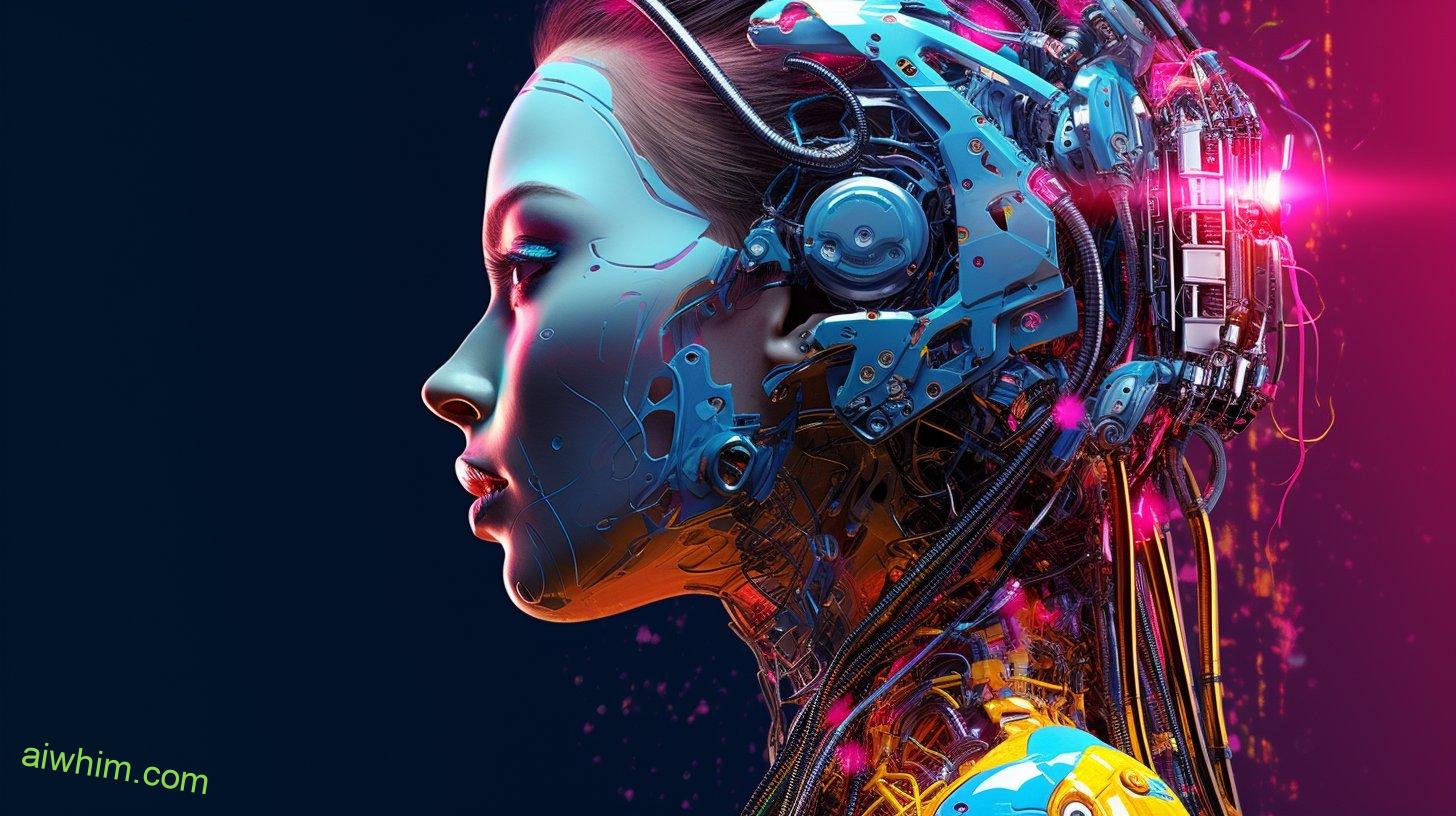
The Benefits of AI in Music Creation
Embracing the benefits of AI in music creation allows for innovative and boundary-pushing compositions. With AI generated melodies and AI assisted music production, you’ve the freedom to explore new sounds and experiment with different genres. AI systems can analyze vast amounts of musical data and generate unique melodies that can inspire and challenge your creative process.
Imagine having an AI assistant that can generate melodies based on your preferences and musical style. It can take your ideas and expand on them, offering fresh perspectives and unexpected harmonies. This collaboration between human and machine opens up a world of possibilities, giving you the freedom to create music that pushes the boundaries of what’s traditionally considered possible.
AI can also assist in the production process, helping you refine your compositions and enhance the overall sound. It can suggest different chord progressions, drum patterns, or even instrumentation choices, allowing you to explore new sonic landscapes. By harnessing the power of AI, you can take your music to new heights and discover new ways to express yourself.
Furthermore, AI can save you time and effort by automating repetitive tasks such as mixing and mastering. This gives you more time to focus on the creative aspects of music production, allowing you to explore and experiment without being bogged down by technicalities.
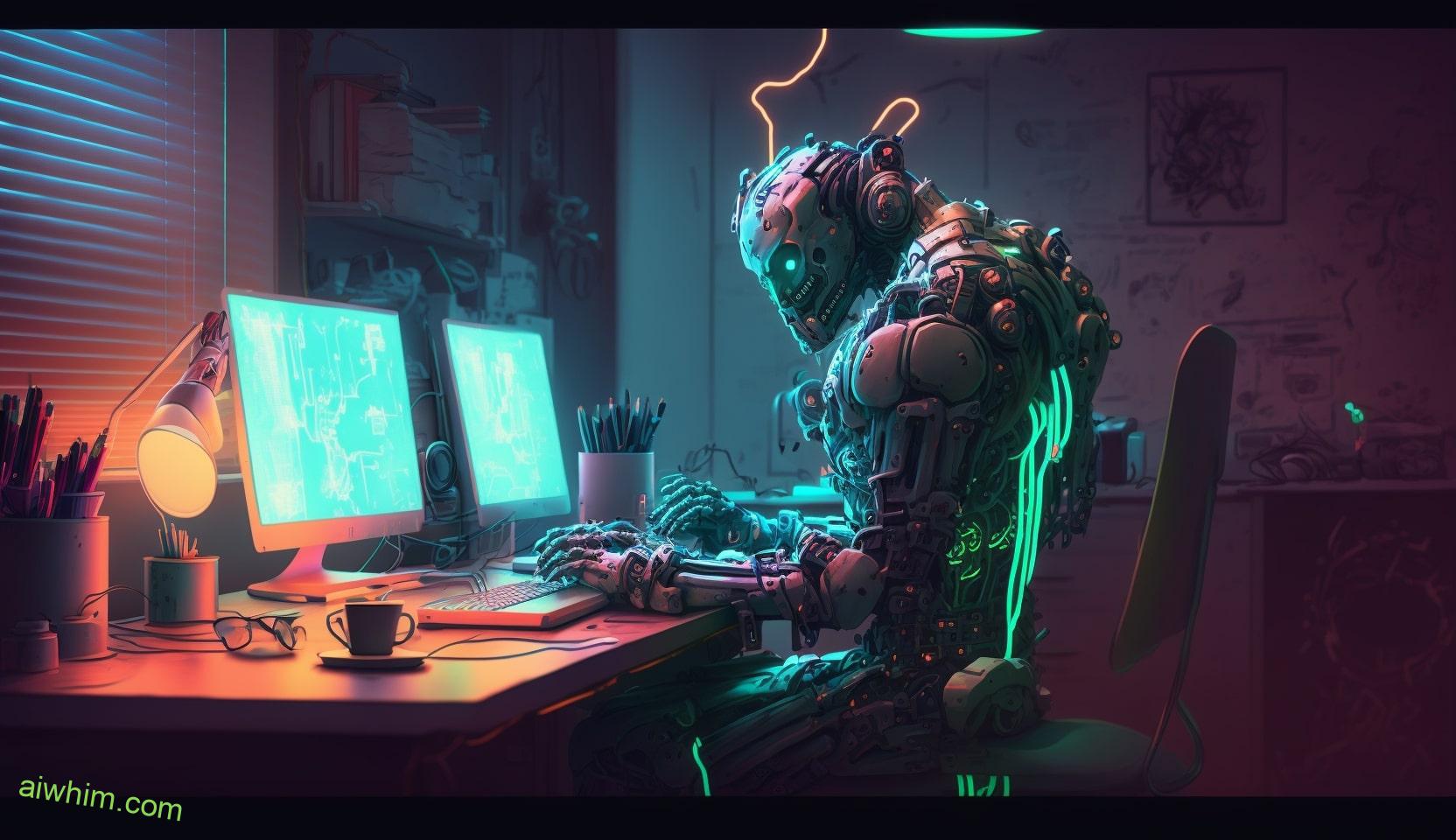
Challenges Faced by Music Directors and Composers in the Age of AI
As a music creator in the age of AI, you may encounter difficulties navigating the changing landscape of technology and its impact on your craft. While AI has brought numerous benefits to music creation, it also presents challenges that you need to overcome. Here are some of the challenges faced by music directors and composers in the age of AI, and their impact on creativity:
- Lack of Originality: With AI systems capable of generating music, there’s a concern that originality may be compromised. It can be challenging to create something unique when AI can mimic styles and genres effortlessly.
- Overreliance on Technology: The convenience of AI tools can lead to an overreliance on technology. It’s essential to strike a balance between using AI as a tool and maintaining the human touch in your compositions.
- Ethical Considerations: AI raises ethical questions regarding ownership, copyright, and plagiarism. As a music creator, you need to be aware of these considerations and ensure that your work is both original and legally protected.
The impact of these challenges on creativity can’t be ignored. While AI can provide inspiration and assistance, it’s crucial to maintain your artistic integrity and individuality. Embrace the freedom to explore new possibilities while staying true to your unique voice. Remember, technology should enhance your creativity, not stifle it.
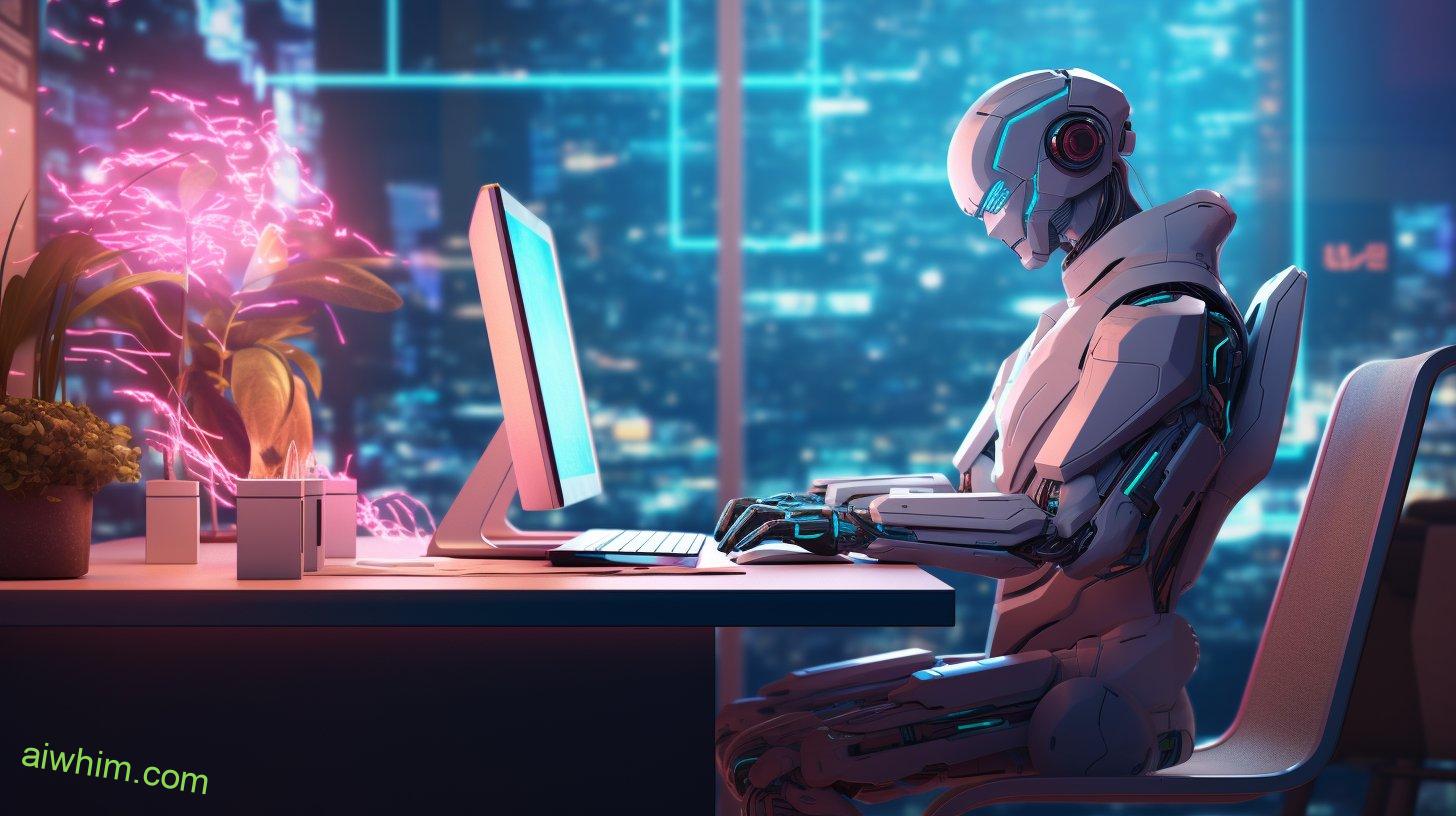
Exploring the Relationship Between AI and Human Creativity
You may wonder how AI and human creativity can work together to push the boundaries of artistic expression. Well, let me tell you that the impact of AI on traditional creativity isn’t something to be feared, but rather to be embraced. AI has the potential to enhance our creative capabilities and open up new avenues for exploration.
When it comes to music composition, intuition plays a vital role. It allows composers to tap into their innermost emotions and create something truly unique. AI, on the other hand, is based on algorithms and data analysis. It can analyze vast amounts of musical data and identify patterns and trends. But can AI truly understand the depth and complexity of human emotions?
The answer lies in the collaboration between AI and human creativity. AI can provide composers with new tools and insights, helping them to expand their creative horizons. It can generate melodies or chord progressions based on the composer’s input, acting as a source of inspiration. However, it’s the human composer who ultimately adds the emotional depth and personal touch to the music.
By working alongside AI, composers can harness its analytical capabilities while still relying on their intuition to guide the creative process. This collaboration allows for a harmonious blend of human creativity and AI’s computational power. It pushes the boundaries of artistic expression, giving rise to music that’s both innovative and emotionally resonant.
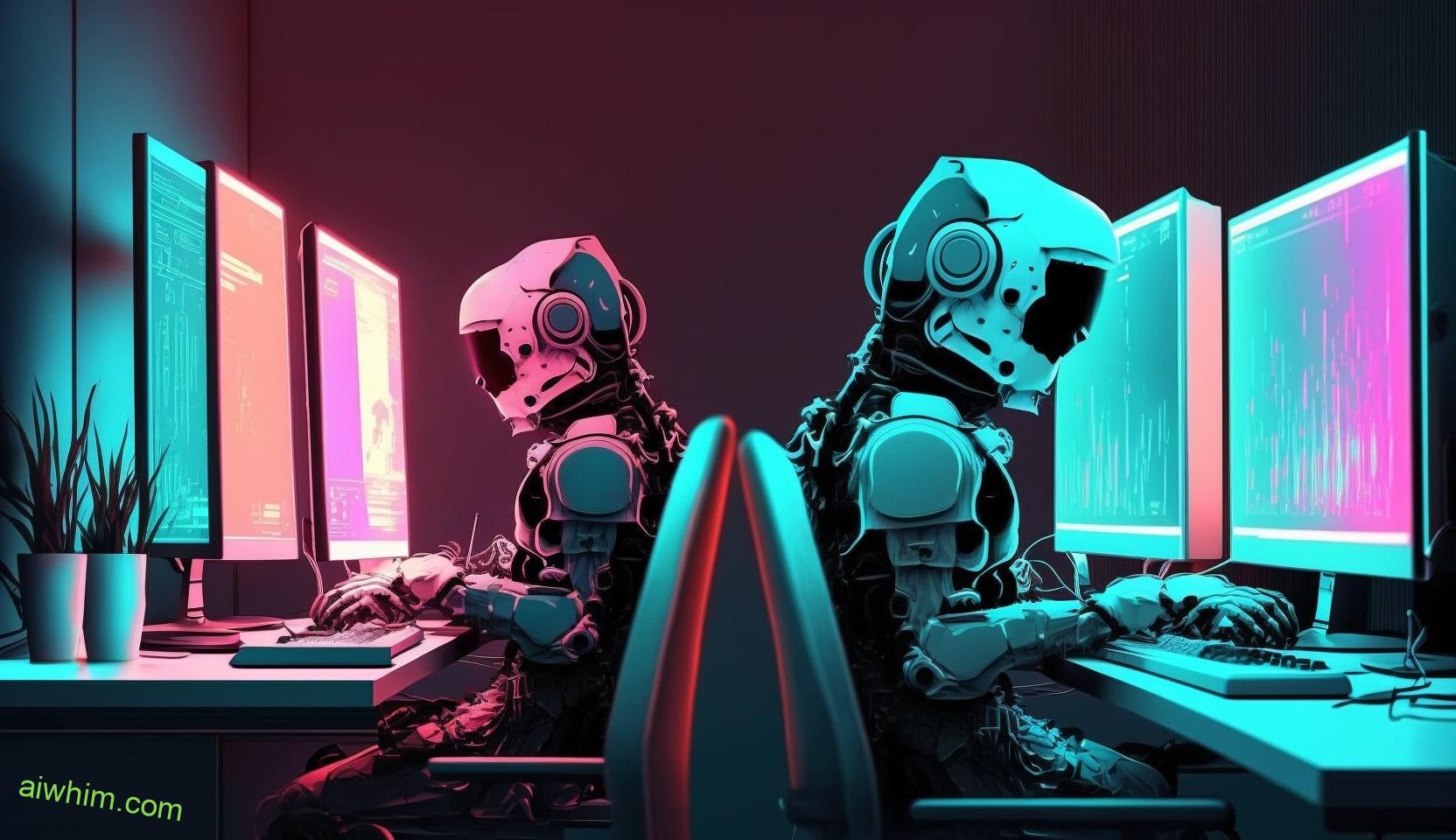
Harnessing AI Technology for Music Composition
Don’t underestimate the potential of harnessing AI technology in the realm of music composition; it can revolutionize the way we create and experience music. AI has the power to push the boundaries of what we thought was possible in music composition, exploring limitations we never knew existed.
Here are some potential applications of AI in music composition that will surely ignite your imagination:
- **Endless Inspiration**: AI can generate new musical ideas and melodies, providing an endless source of inspiration for composers. With AI, you can explore new genres, experiment with unconventional chord progressions, and discover unique combinations of sounds that you may have never considered before.
- **Collaborative Composition**: Imagine collaborating with an AI system that understands your musical style and preferences. It can suggest harmonies, melodies, and even entire sections of music that complement your ideas. Together, you can create compositions that blend human creativity with the analytical power of AI.
- **Personalized Music Experiences**: AI can analyze individual preferences and tailor music compositions to suit each listener’s unique tastes. Whether you prefer classical, jazz, or electronic music, AI can create personalized compositions that cater to your specific preferences, providing a truly immersive and enjoyable music listening experience.
With AI technology, the possibilities for music composition are endless. It can inspire creativity, facilitate collaboration, and personalize music experiences like never before. Embrace the freedom to explore the limitless potential of AI in music composition and witness the revolution it brings to the way we create and experience music.
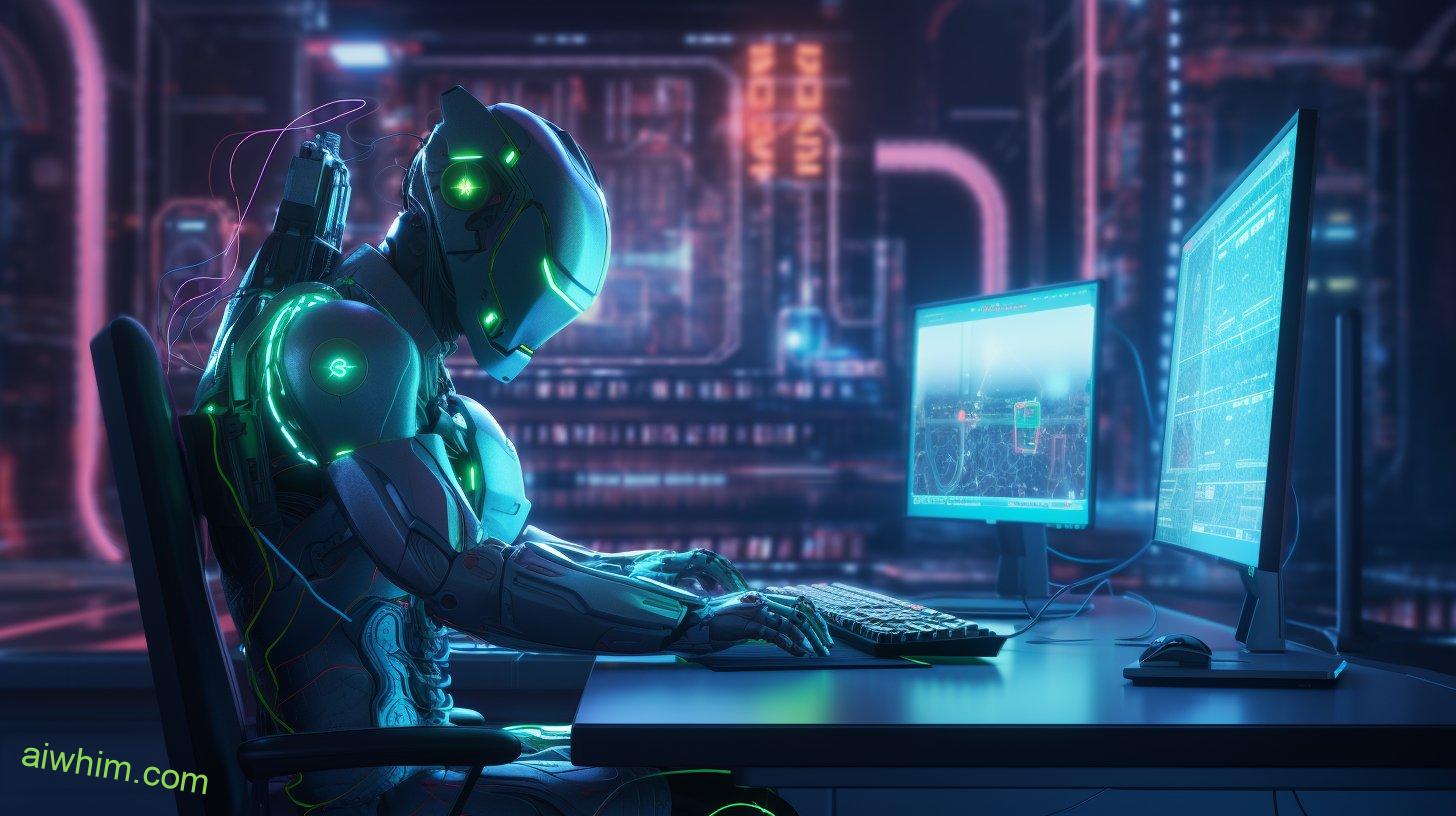
The Future of Collaboration Between AI Systems and Music Directors
Imagine collaborating with an AI system that understands your musical style and preferences, working together to create compositions that seamlessly blend your human creativity with the analytical power of technology. The future implications of such collaboration are vast and exciting, offering endless possibilities for music directors and composers who desire the freedom to explore new horizons.
AI systems have the potential to revolutionize the way we create music. By analyzing vast amounts of data and learning from your previous compositions, an AI system can quickly understand your unique style and preferences. It can then generate musical ideas and suggestions that align with your artistic vision, acting as a creative companion rather than a replacement for your talent.
The collaborative possibilities between humans and AI systems are immense. As a music director or composer, you can leverage the computational power of AI to enhance your creative process. The AI system can assist in generating musical motifs, harmonies, or even entire compositions based on your inputs. It can provide insights and suggestions that you mightn’t have considered, pushing the boundaries of your creativity.
Working with an AI system also allows for greater efficiency and productivity. By automating certain tasks, such as generating chord progressions or arranging musical sections, you can focus more on the expressive and emotional aspects of your compositions. This collaboration can save you time and effort, giving you the freedom to explore new ideas and experiment with different musical styles.
However, it’s important to remember that AI systems are tools, not replacements for human creativity. While they can analyze data and generate musical ideas, they lack the ability to truly understand the emotional depth and nuances of human expression. The future implications of collaborating with AI systems lie in striking a balance between utilizing their analytical power and preserving the human touch that makes music truly unique and meaningful.
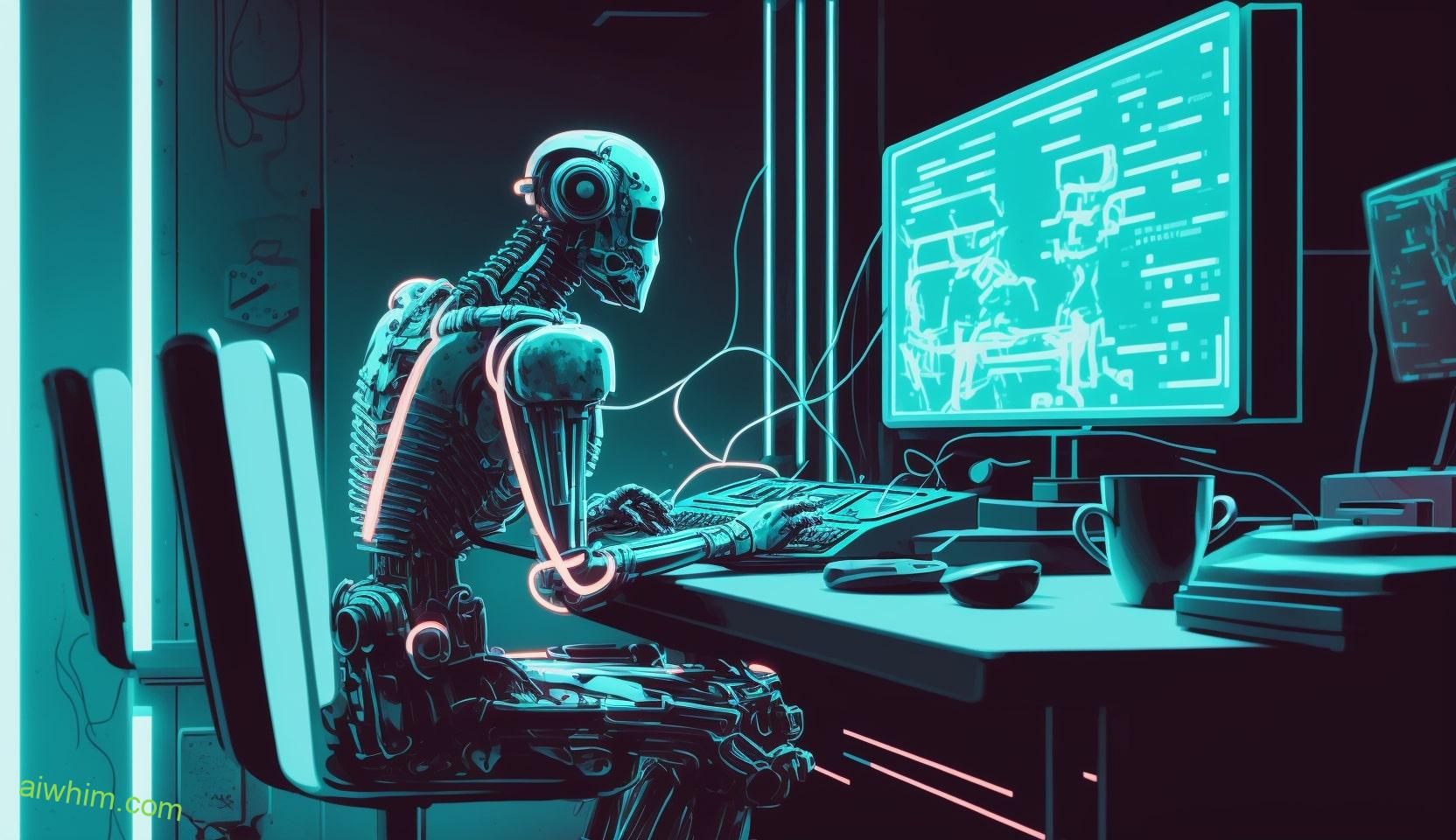
Ethical Considerations in AI-generated Music
When considering the ethical implications of AI-generated music, it’s important to address issues such as copyright infringement and proper attribution to ensure fairness and respect for artists’ rights. As AI systems become more advanced and capable of creating original compositions, it raises questions about the ownership and use of these creations. Here are some key considerations to keep in mind:
- **Respecting Artists’ Rights**: AI-generated music shouldn’t undermine the rights of human composers and musicians. It’s essential to ensure that proper credit is given to the original creators and that they’ve control over the use and distribution of their work.
- **Avoiding Plagiarism**: AI systems have the potential to unintentionally replicate existing songs or melodies, leading to accusations of plagiarism. It’s crucial to implement mechanisms that prevent AI-generated compositions from infringing on existing copyrights.
- **Promoting Transparency**: Users and listeners should be made aware when they’re engaging with AI-generated music. Transparency allows individuals to make informed decisions about the music they consume and support, especially if they prefer compositions created by human artists.
By addressing these ethical concerns, we can foster an environment where AI-generated music coexists harmoniously with human-created music. It’s crucial to strike a balance between technological advancement and the preservation of artistic integrity.
Ultimately, the goal should be to enhance the creative process for musicians and composers while upholding the rights and recognition they deserve. So, enjoy the unique possibilities that AI-generated music offers, but always consider the ethical implications and respect the copyrights of artists.
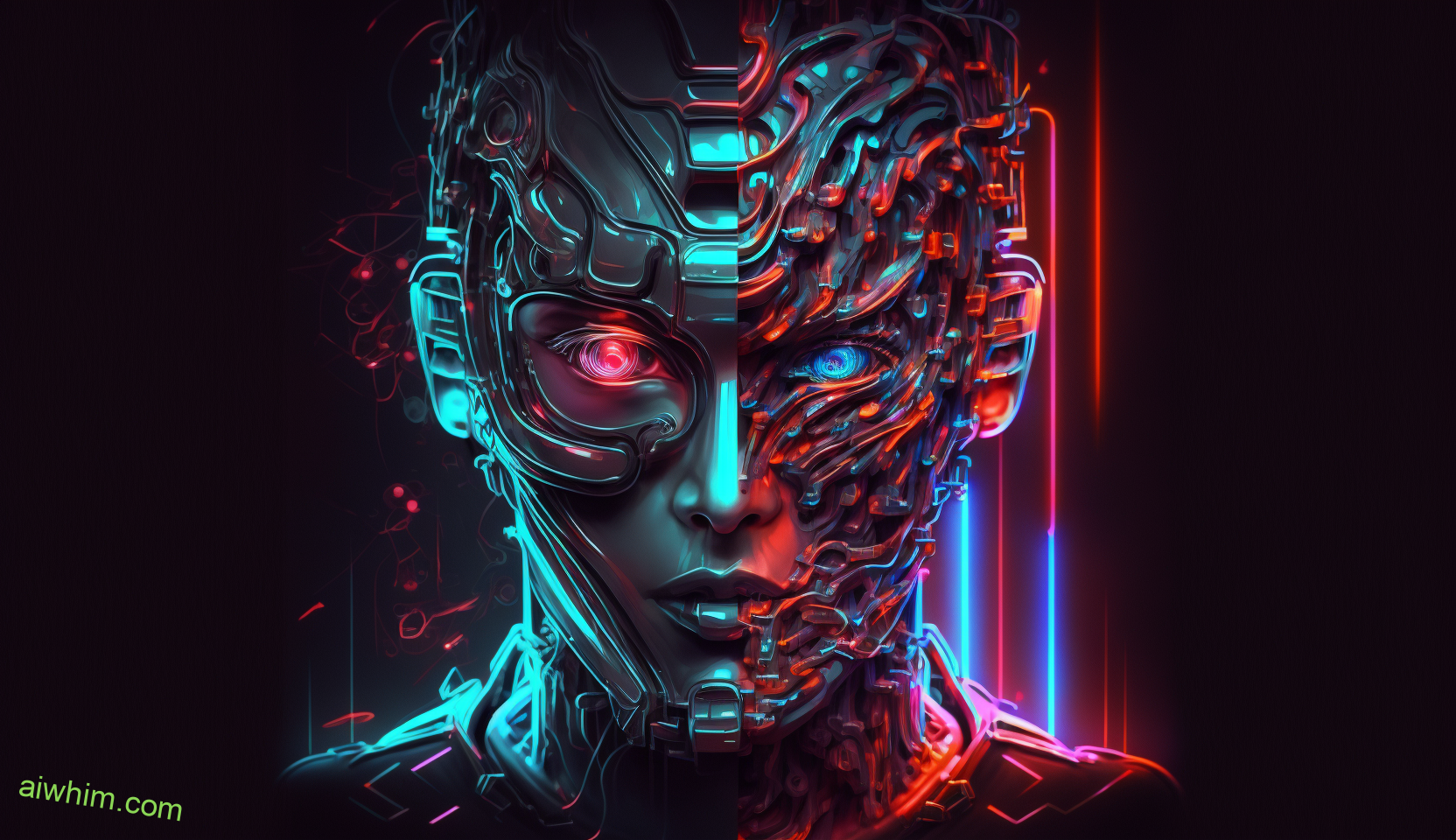
Adapting to the Changing Landscape of Music Composition With AI
As a musician, you must adapt to the changing landscape of composition by embracing the opportunities and challenges presented by AI-generated creations. The rise of artificial intelligence has revolutionized the way music is composed, opening up new avenues for creativity and innovation. To stay relevant in this rapidly evolving field, you need to adapt your strategies and embrace the potential of AI.
One way to adapt to this changing landscape is by incorporating AI tools into your creative process. AI-generated music can serve as a source of inspiration, helping you explore new musical ideas and break free from conventional patterns. By using AI algorithms to generate melodies, harmonies, or rhythms, you can expand your artistic horizons and discover unique compositions that you may have never thought of before. Embracing AI as a creative partner allows you to tap into a vast database of musical possibilities, enabling you to experiment with different styles and genres.
Furthermore, AI can also assist you in enhancing your compositions. AI systems can analyze existing music and provide suggestions for improvements, helping you refine your work and achieve a higher level of artistic excellence. With AI as your ally, you can save time and effort by leveraging its computational power to automate tasks such as transcribing, arranging, or even orchestrating music.
However, it’s important to remember that AI is a tool and not a replacement for human creativity. It’s crucial to maintain your unique artistic voice while incorporating AI into your compositions. Use AI as a stepping stone to explore new territories, but always infuse your personal touch and emotions into your music.
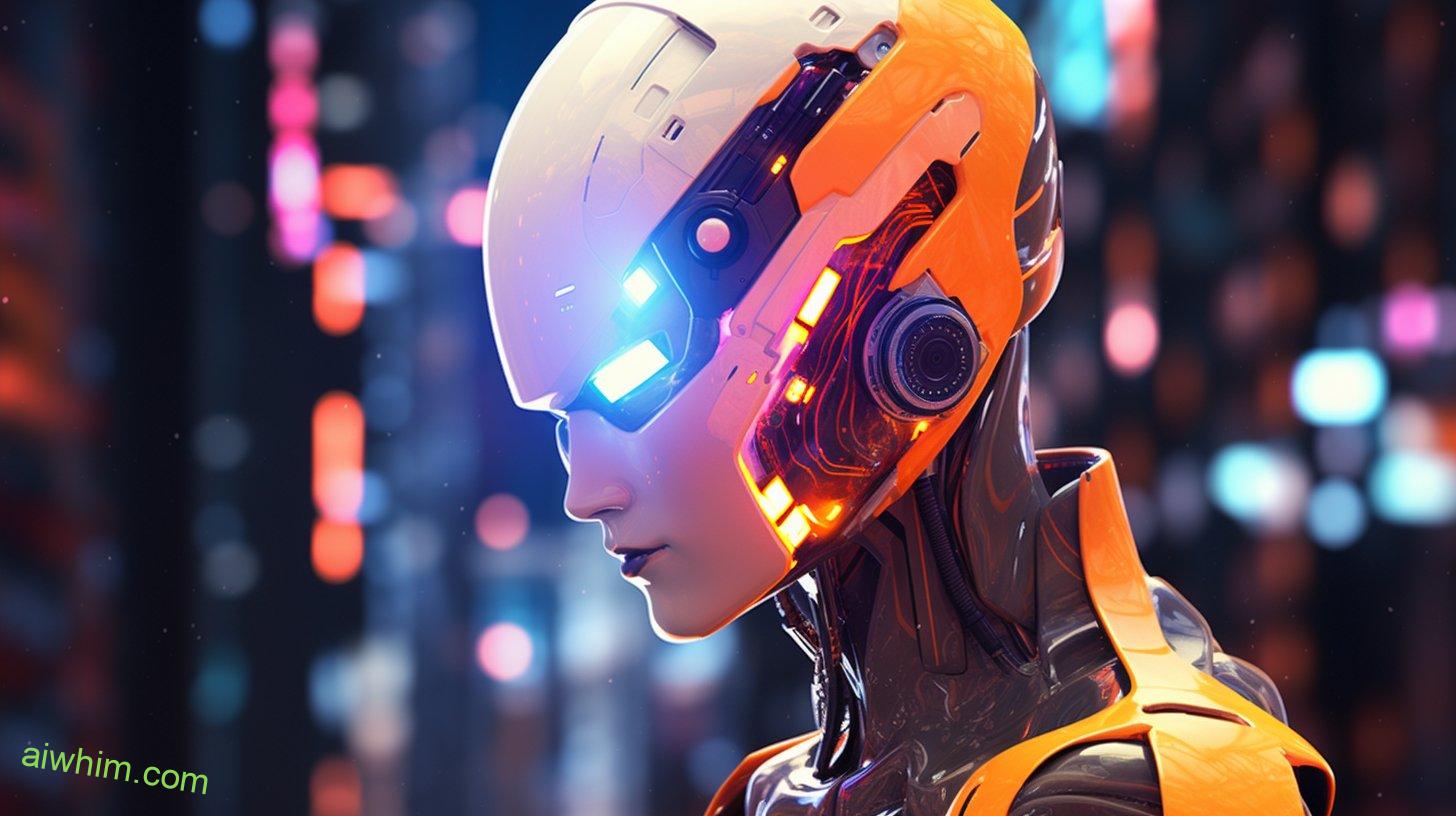
Frequently Asked Questions
What Are the Technical Specifications of AI Systems Used in Music Composition?
AI systems used in music composition have advanced technical specifications. They possess capabilities such as machine learning and deep neural networks. These systems utilize complex algorithms to analyze and generate music, allowing for creative freedom and exploration.
How Does AI Technology Analyze and Interpret Musical Emotions and Aesthetics?
Musical emotion recognition in AI systems involves analyzing and interpreting the emotional content of music. Through aesthetic analysis, these systems can understand the beauty, style, and artistic elements present in compositions.
What Are the Limitations of AI Systems in Music Composition?
When it comes to the limitations of AI systems in music composition, you may find ethical implications arising. AI’s lack of creative autonomy could restrict the freedom of music directors and composers.
How Does the Integration of AI in Music Composition Affect Traditional Music Education and TrAIning?
The integration of AI in music composition will revolutionize traditional music education. AI’s impact on the future of traditional music education will shape how composers and music directors approach their craft.
What Are the Potential Legal Implications of Using AI-Generated Music in Commercial Projects?
Using AI-generated music in commercial projects can potentially lead to copyright infringement and raise ethical considerations. It’s important to understand the legal implications and ensure that the rights of composers and music directors are protected.

Conclusion
In conclusion, while AI systems may present challenges to music directors and composers, they also offer numerous benefits and opportunities for collaboration.
The rise of AI in music composition has sparked a conversation about the relationship between technology and human creativity. By harnessing AI technology, music creators can explore new possibilities and adapt to the changing landscape of music composition.
However, ethical considerations surrounding AI-generated music should be carefully examined. Overall, embracing AI in music creation can lead to exciting advancements and innovative collaborations.

